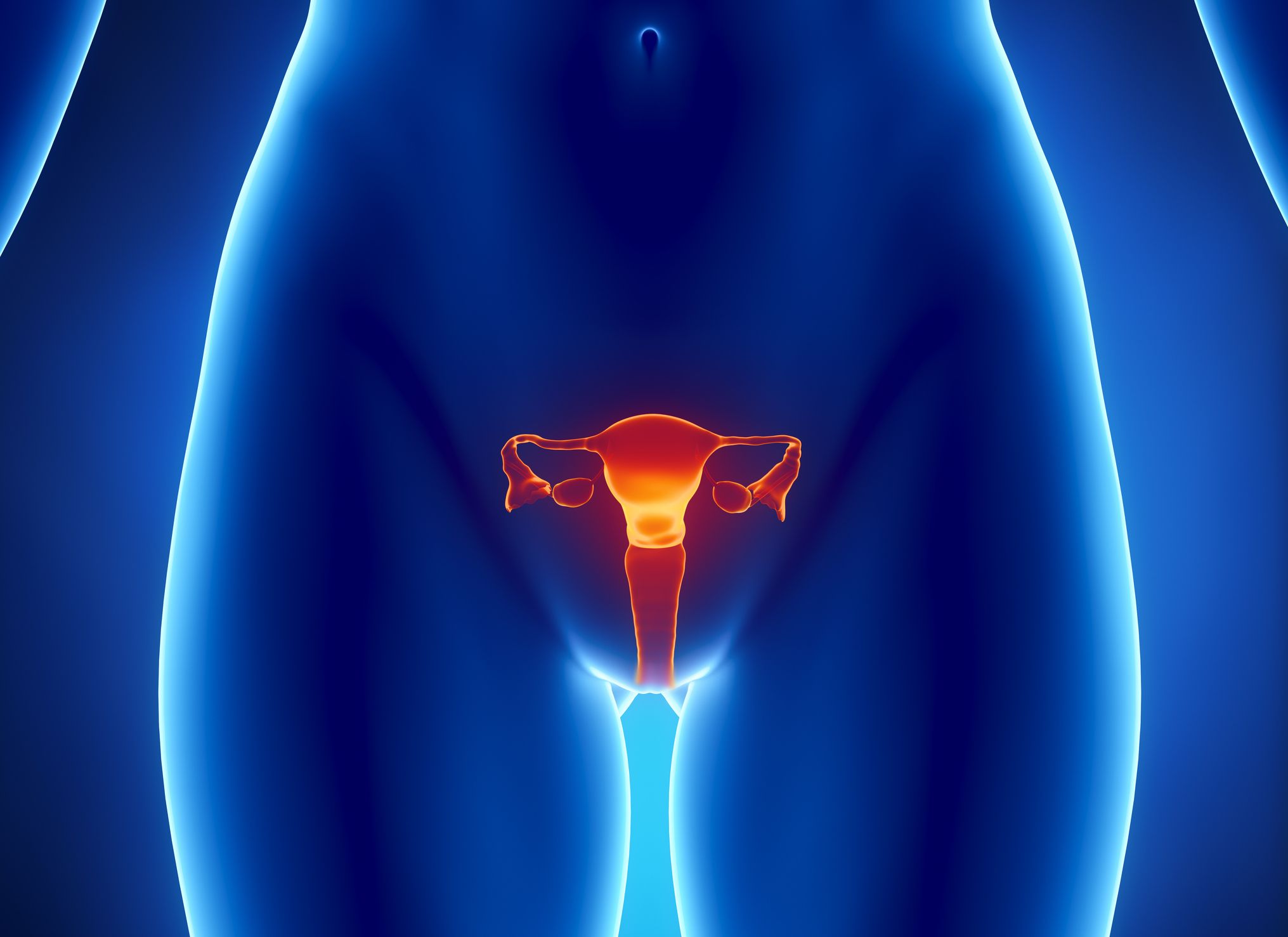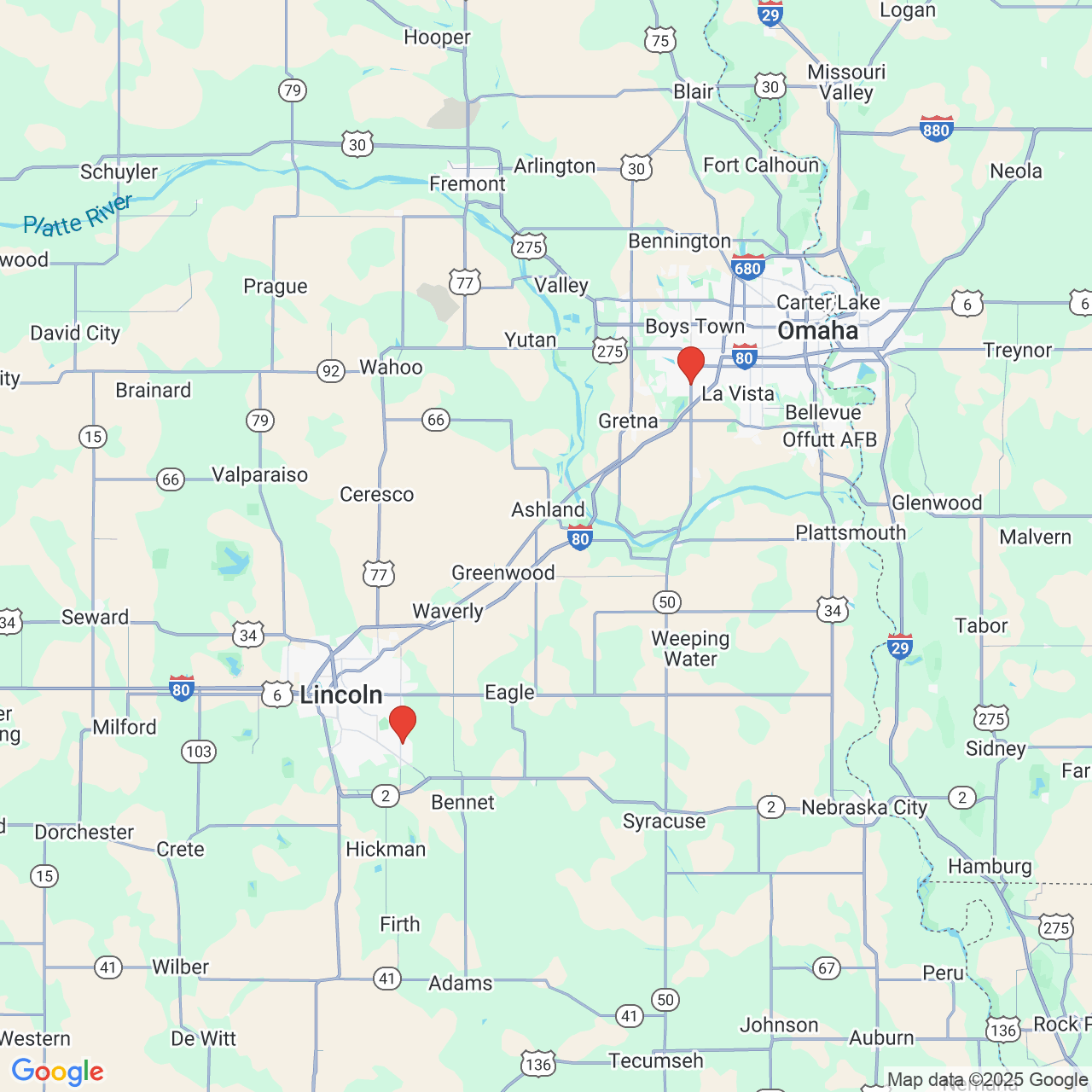IVF after Tubal Ligation
 Tubal ligation surgery can be performed to prevent a woman from being able to get pregnant. Unfortunately, some women find that they may have made the decision to undergo the procedure too soon.
Tubal ligation surgery can be performed to prevent a woman from being able to get pregnant. Unfortunately, some women find that they may have made the decision to undergo the procedure too soon.
In vitro fertilization, or IVF, can help women get pregnant after undergoing tubal ligation. At Heartland Center for Reproductive Medicine, PC, in Omaha, NE, we can determine if IVF after tubal ligation is the right choice for you.
Benefits of IVF vs. Tubal Reversal
After tubal ligation surgery, women can undergo tubal reversal surgery or IVF if they decide they want to try to get pregnant. In many cases, IVF offers a number of benefits over tubal reversal surgery, including:
- You have a higher chance of achieving pregnancy: Women that have had children before and are still of childbearing age have a good chance of becoming pregnant with IVF.
- You can become pregnant in a shorter amount of time: IVF takes about two months. It takes one menstrual cycle to prepare for IVF, and then patients can undergo IVF during their next menstrual cycle. After tubal reversal surgery, patients must undergo a three-month recovery period, after which they can undergo testing to see if the procedure was a success.
- You can avoid undergoing a more invasive surgical procedure: Tubal ligation surgery involves the separation of the fallopian tubes. To reverse the procedure, the two ends of the fallopian tubes must be surgically re-attached.
- There is a reduced risk of ectopic pregnancy: Women that undergo tubal ligation reversal surgery are at an increased risk of experiencing ectopic pregnancy, in which the embryo implants in the fallopian tubes.
The IVF Process
Prior to undergoing IVF, we will have you attend an appointment at our Omaha office to undergo a fertility evaluation. This will include a discussion of your medical history and ovarian reserve testing to see if you are a good candidate for IVF. If you are approved for IVF, we may have you take birth control pills so we can suppress your hormones and control your cycle.
Fertility Medications
When your IVF cycle begins, we will advise you exactly when and how to take your fertility medications. We will also have you come in for ultrasounds and blood tests every couple of days so we can monitor your follicles. This phase of IVF takes about 10 to 14 days.
Egg Retrieval
When the follicles are ready, we will have you administer your trigger shot at a specific time, and we will schedule a time to retrieve your eggs. The egg retrieval is a minimally invasive procedure, but patients are sedated to keep them calm and comfortable.
Fertilization
Once your eggs have been retrieved, we will introduce the sperm and allow the fertilization process to take place in the lab. Over the period of the next three to five days, we will allow embryos to grow and monitor their development.
Embryo Transfer
One or more of the most viable embryos will be transferred to the uterus, completely bypassing the fallopian tubes. Over the next several days, the embryo or embryos may implant in the uterus, resulting in pregnancy.
Contact Our Practice
If you have undergone tubal ligation surgery and want to know more about your options to get pregnant, contact our practice online or call us in Omaha at (402) 717-4200.






